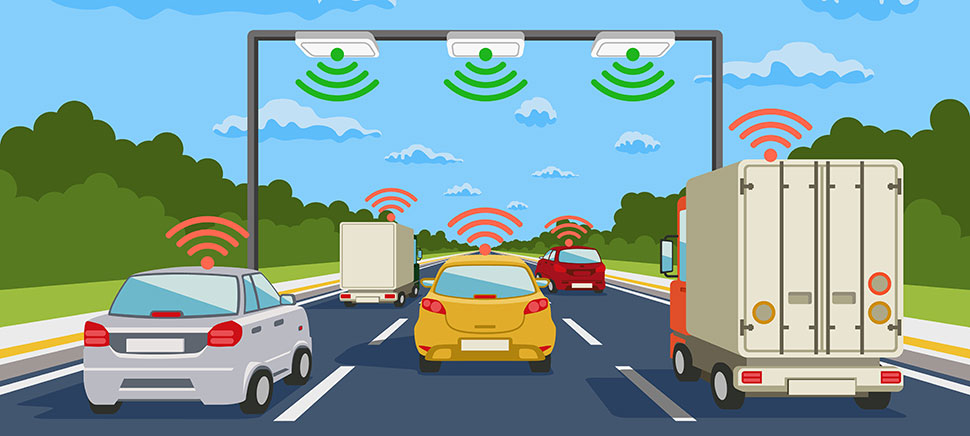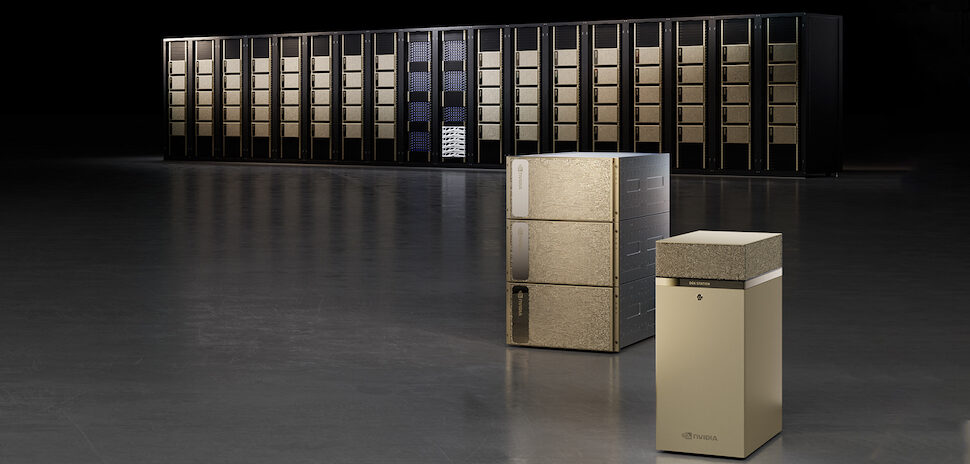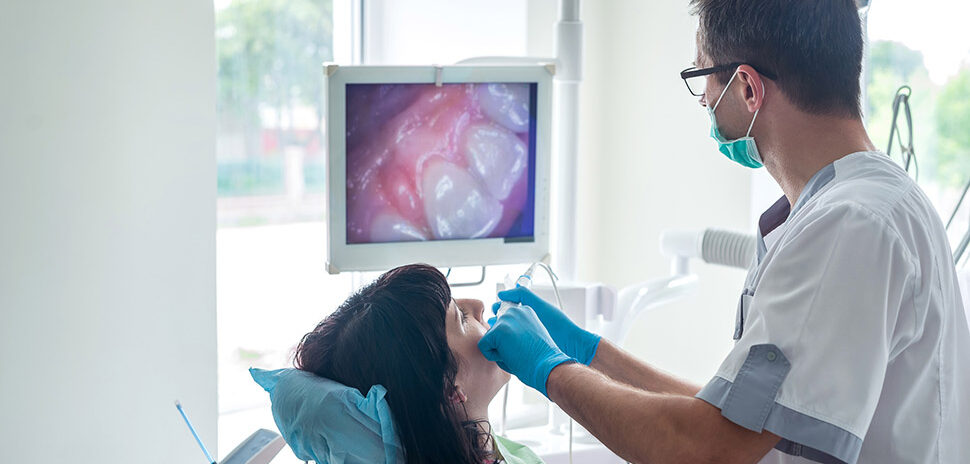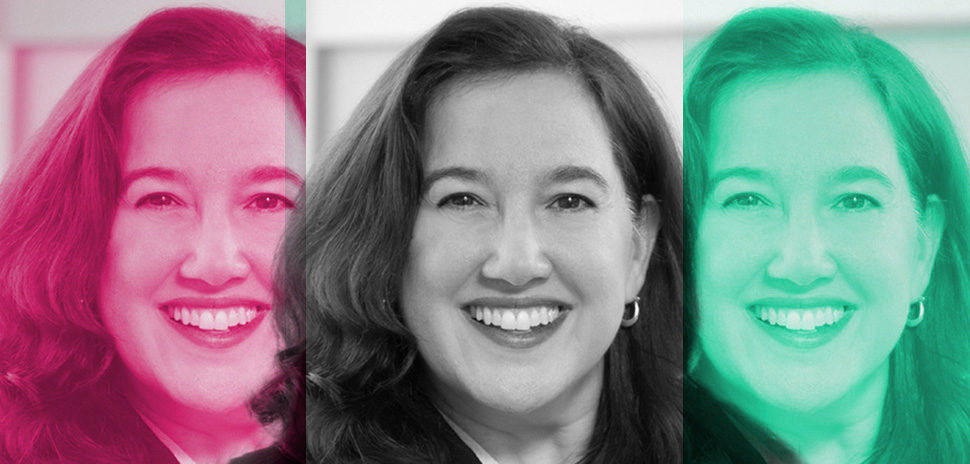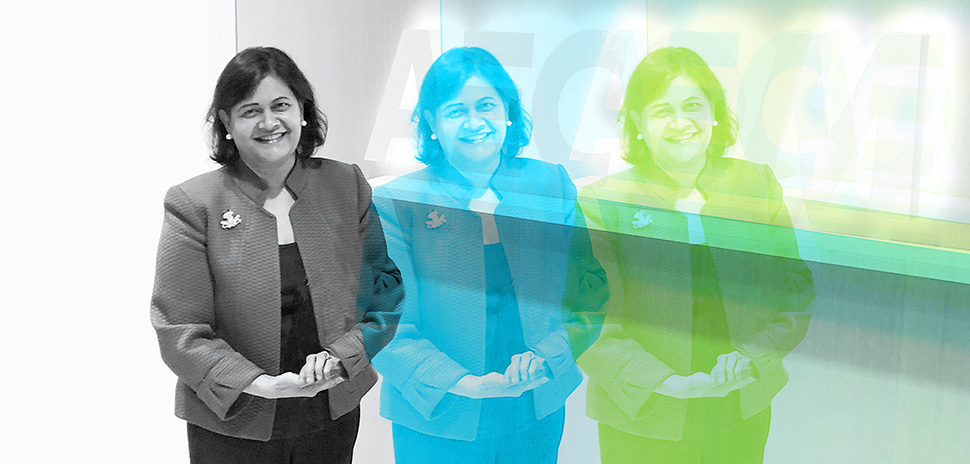Connected cars, nano-fabric, virtual reality and even smart toilets. The future looks amazing yet scary at the same time as people sacrifice privacy for convenience and rely on artificial intelligence to handle repetitive tasks.
Without the luxury of a time machine, a panel of tech savvy experts gave their best guess for how the Internet of Things will shape lives in the future. About 50 people attended the Techweek event on the second floor of the The Bomb Factory in Deep Ellum.
Today, having a smart, connected appliance or car means you’re overwhelmed with notifications. It could be anything from the milk is running low in the fridge or the batteries are dead in the smoke detector. A smart toilet could analyze waste and detect possible medical issues.
WILL SIMPLIFYING AI HELP FILTER OUT THE WHITE NOISE?
But no one really wants more notifications.
That’s where AI could step in, said Adrian Pendall, senior director of technology for Capital One.
“I think what happens next in the next 10 years, is that the AI begins to simplify things back down again to where we start to filter out some of the white noise that’s been created,” Pendall said about the future.
That also means some jobs will be eliminated as computers become smarter, said Scott Harper, co-founder and CEO of Dialexa Labs in Dallas.
“Throughout history, people don’t necessarily just get replaced. They get repurposed for what their role is going to be.”
Scott Harper, co-founder and CEO of Dialexa Labs
“You don’t need somebody sitting in a toll booth,” Harper said. “That’s really obvious at this point. Throughout history, people don’t necessarily just get replaced. They get repurposed for what their role is going to be.”
Connected cars have been advancing rapidly with pioneers such as Tesla Motors pushing the boundaries of autonomous driving. These “computers on wheels” will be connected to other cars and roadway infrastructure in the future, making autonomous driving a daily part of life.
“Car insurance is going to change dramatically,” Harper said. “We’re starting to use autonomous vehicles. Everyone is talking about how safe they are. So what’s car insurance going to look like?”
That’s also where having smart city infrastructure connected to the Internet of Things becomes critical as these connected cars avoid traffic, find parking spaces and possibly shuttle other passengers while you’re at work.
There’s a dark side to this, too, as Uber already has discovered. Uber has mountains of data on its customers that it’s been reluctant to share out of privacy concerns, said Leandre Johns, a general manager with Uber.
INTERNET OF THINGS SECURITY IS AN ISSUE IN THE FUTURE, TOO
“It’s important to us that you feel safe riding in an Uber and that you have your privacy,” Johns said. “We push back on cities wanting more data. We will get to the point where we are sharing data with the cities because it helps the cities. It will help Dallas become a smarter smart city.”
People will have to give up some of their privacy in exchange for the convenience of having a connected car.
Dave Tsai, director of technology and development for Toyota Connected, said Toyota and other automakers are working to make sure that data remains with consumers. And that hackers can’t take control of an automated vehicle and drive it into a ditch.
“The Internet of Things is a fairly open space right now,” Tsai said. “There are no set standard protocols. It’s not that secure. We are looking to secure each and every bit of it.”
Consumers have already voluntarily given up so much of their privacy with social media and smart devices such as the Amazon Echo.
“The Internet of Things is a fairly open space right now.”
Dave Tsai
“It’s constantly listening to your daily conversations,” Tsai said. “The perceived value being there, understanding about you, your preferences, it needs that information to operate. People will sign away their privacy for convenience.”
As repetitive jobs get replaced by AI, the next generation will need to be able to do jobs that require critical thinking and other skills.
Toyota, who is building its North American headquarters in Plano, is always looking for engineers who can wear multiple hats and will be motivated to learn new things, Tsai said.
The key is to inspire children by tying that back to their passions and interests, said moderator Mario Armstrong, an entrepreneur and TODAY show technology contributor.
“Too often we try to push mathematics or engineering at them,” Armstrong said. “If we really listen, ‘Oh, you want to be a fashion designer? Here’s how nano-technology will play a role in that and will change fibers.’ Or, ‘you want to be a race car driver? That’s awesome. Let’s talk about autonomous vehicles.”’
A good example of that was the Monster Coding Jam that took place earlier this week. It gave hundreds of Dallas ISD middle school students the chance write coding for their own Android app. In total, there were 724 people participating, which set a new Guinness World Record for a simultaneous coding session.
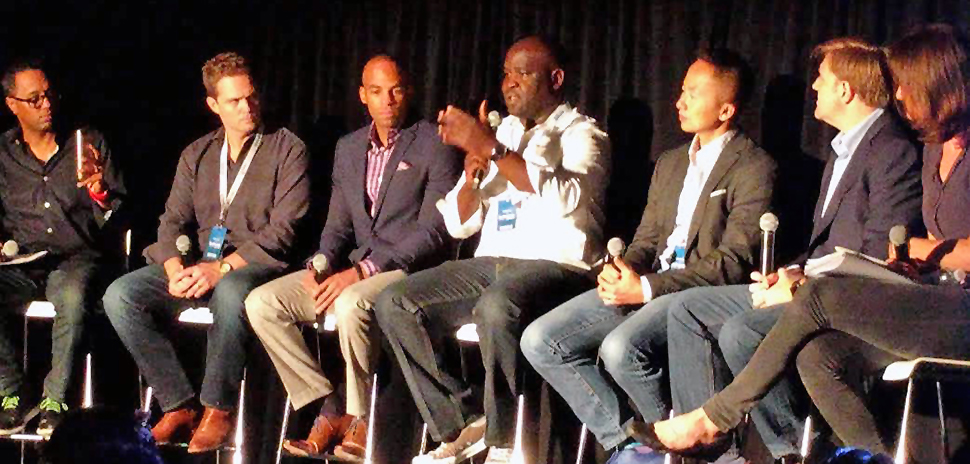
Techweek panelists speak about the future during a discussion at The Bomb Factory in Deep Ellum. [Photo by Nicholas Sakelaris]
Delivering what’s new and next in Dallas-Fort Worth innovation, every day. Get the Dallas Innovates e-newsletter.










